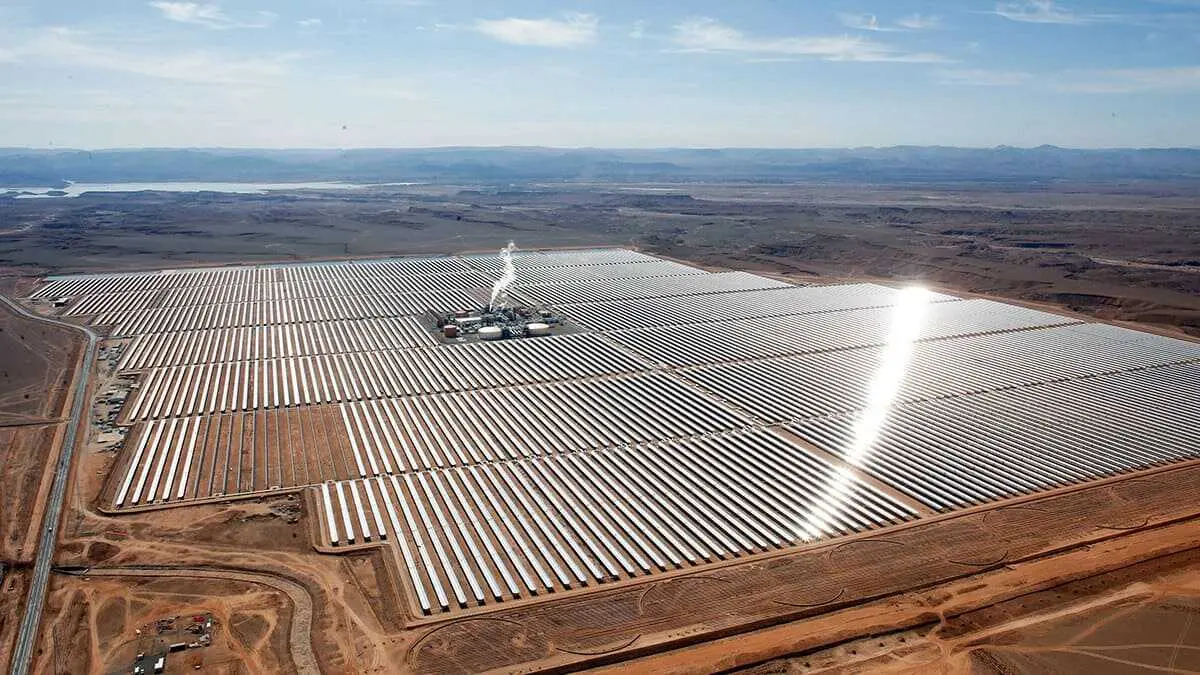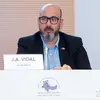Morocco moves towards a sustainable energy future with challenges to overcome

This progress reflects a remarkable 22.7% increase in generation from renewable sources, reaffirming the country's commitment to a sustainable and ambitious energy transition.
The growth has been driven by large-scale projects, both solar and wind, key pillars of the national strategy to reach 52% of installed capacity in renewable energy by 2030. However, this path is not without challenges that must be addressed with determination and collaboration.
One of the main challenges lies in the efficient integration of these energies into the national electricity grid, particularly in relation to the stability of supply in the face of intermittent sources. This technical aspect requires additional investments in energy storage, such as green hydrogen projects, where Morocco has enormous potential, but still faces an early stage of development.
On the other hand, the growing demand for electricity, driven by economic development and industrialization, raises the need for a rapid but sustainable expansion of energy infrastructure. This includes not only the construction of new power plants, but also the strengthening of transmission and distribution networks, especially in rural or isolated regions.
From a regulatory perspective, although Morocco has made significant progress in creating a favorable environment for investment, there are still challenges related to the simplification of administrative procedures and clarity in certain regulatory aspects that could accelerate the implementation of renewable projects.
At the social level, this challenge, although considerable, is an opportunity to generate skilled employment and foster inclusive development.
Despite these obstacles, the direction is clear: Morocco is charting a solid path towards a sustainable energy future.This progress would not be possible without the joint commitment of the government, regulatory institutions such as ANRE, and private players betting on the country's potential.
It is important to approach these challenges with a realistic and constructive vision, understanding that each step forward strengthens Morocco's position as a regional and global benchmark. This pragmatic and continuous improvement approach is essential to ensure that the country's energy model is not only sustainable, but also adaptive and able to overcome challenges in an equitable manner.
For professionals in the sector, this scenario offers a unique opportunity: to collaborate on innovative solutions that help overcome these challenges and contribute to energy development that benefits everyone.
Juan Antonio Vidal. Plant Manager InCom Composites Morocco SARLPlant Manager InCom Composites Morocco SARL

